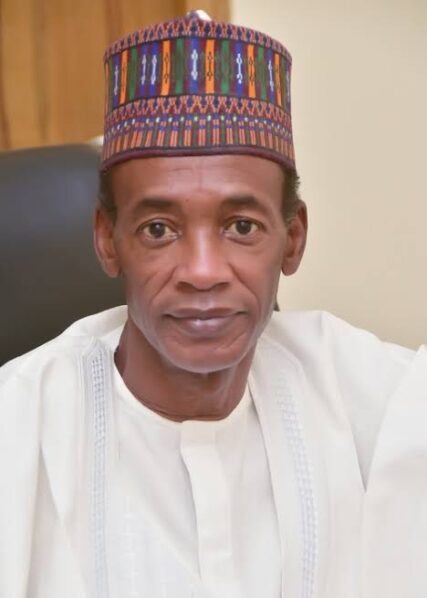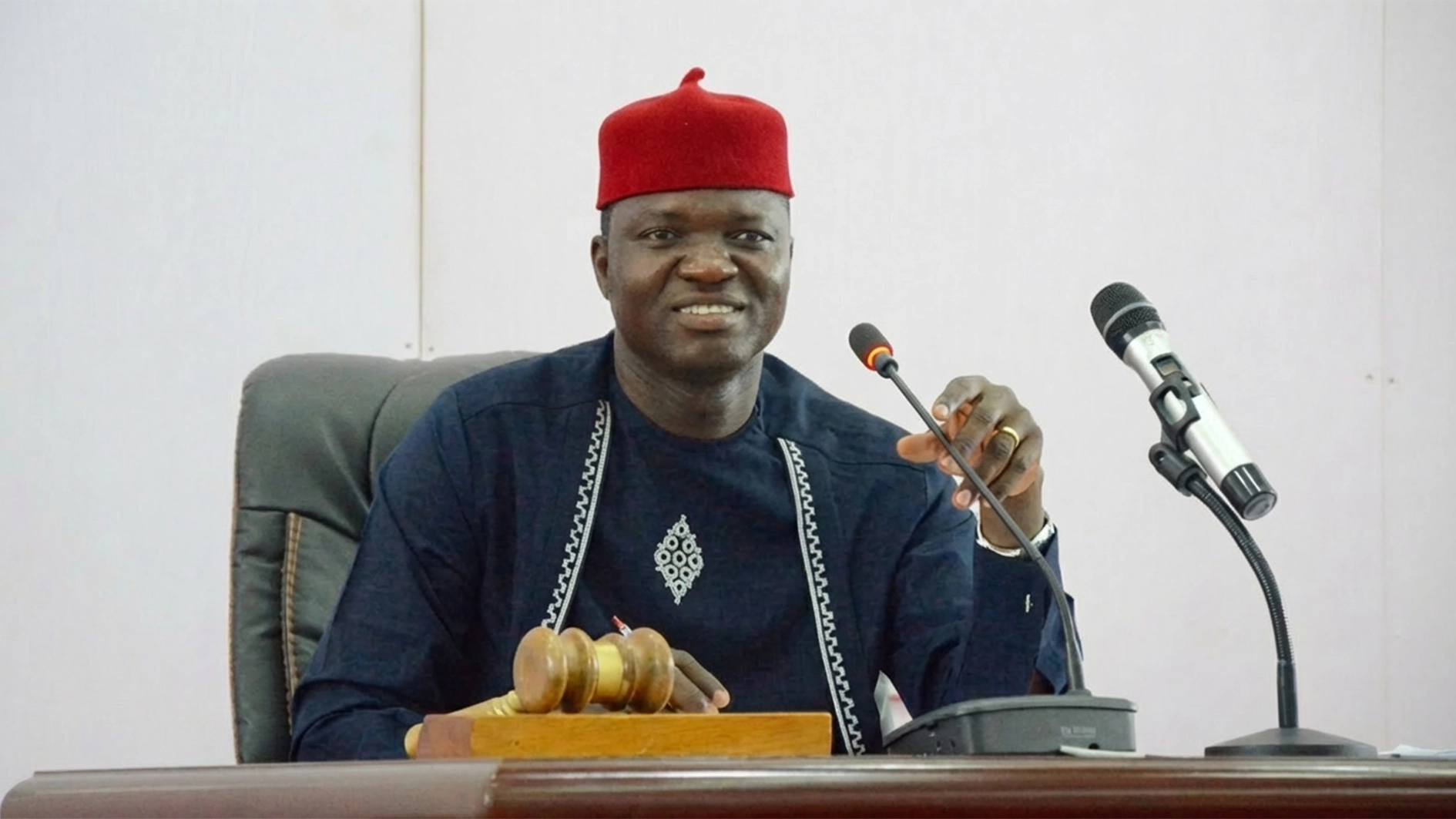On October 17, 2023, the Chairman of the Economic and Financial Crimes CommissionEconomic and Financial Crimes Commission (EFCC), Ola Olukoyede, revealed that Nigerian taxpayers lost N2.9 trillion in just two years (2018 -2020) to contract and procurement fraud alone.
Olukoyede made the startling revelation while responding to Senators’ questions during his Senate screening and confirmation hearing. He said, “Between 2018 and 2020, Nigeria lost N2.9 trillion to contract and procurement fraud.”
The amount he noted was enough to pay for the construction of at least 1000 kilometres of roads, build close to 200 standard tertiary institutions, and educate about 6,000 children from primary to tertiary levels at N16,000,000 per child.
Findings by the Council of the Chartered Institute of Forensics and Fraud Examiners of Nigeria also revealed that its inability to implement this law costs it above N300 billion annually. Also, a report by the Centre for the Study of the Economies of Africa (CSEA) revealed that Nigeria has lost at least $18 billion to financial crimes and corruption stemming from procurement processes.
Against this backdrop, integrity icons and opinion leaders from the anti-corruption circle have repeatedly stressed the need for the country to have a National Procurement Council, following the Public Procurement Act of 2007, to standardize the cost of procurement in public and private life in Nigeria following best global practices.
Additionally, a report by the Centre for the Study of the Economies of Africa (CSEA) revealed that Nigeria has lost at least $18 billion to financial crimes and corruption resulting from procurement processes. Due to these findings, anti-corruption icons and opinion leaders have emphasized the need for a National Procurement Council to standardize procurement costs in public and private life in Nigeria following global best practices, following the Public Procurement Act of 2007.
Following his interest, an integrity ICON of Accountability Lab Nigeria in 2022, Babayola Mohammed has stressed the need for governments at all levels who failed to put in place a workable and transparent procurement system to be blacklisted from accessing domestic and foreign loans for capital projects and investments.

He further stressed the need for integrity to be adopted as the basic qualification required from procurement practitioners.
Mohammed, who blocked many revenue leakages as the Director-General of the Due Process Bureau, Government House, Gombe, called for political will from both federal and state governments to ensure the Bureau of Public Procurement (BPP) is backed with legislation that will make it independent and free from political interference.
READ ALSO: How loopholes in Public Procurement Act nourish graft
According to the integrity Icon, If the cardinal objectives of the Bureau of Public Procurement (BPP) in states and Federal levels is for the harmonisation of existing government policies and practices on public procurement and ensuring probity then accountability and transparency in procurement processes at all levels must demonstrate political will in ensuring BPP is backed with legislations that will make the Bureau independent and free from political interference and interests as well as unjustifiable favouritism of certain vendors and contractors to ensure bids are open, transparent and competitive.
Mohammed opined that procurement frauds are rampant because of a lack of integrity among procurement practitioners, insisting that individual integrity must be the basic qualification required from procurement practitioners.
To put the procurement sector in the right direction for the overall good of the Nation, he advised that governments at all levels must have updated procurement laws and procurement guidelines/regulations that are of international standard and have an independent Bureau of Public Procurement that is closely monitored by relevant integrity and transparency organisations and agencies that are devoid of political interest and manipulations. Also, Country Director, of Accountability Lab, Friday Odeh asserted that procurement-related corruption accounts for a significant portion of illicit practices and financial crimes across all government Ministry Departments and Agencies (MDAs) at the federal and state levels.
According to Odeh, Accountability Lab’s mission revolves around transparency, accountability, and integrity in governance processes, particularly procurement. Odeh said the appropriate modality is a multi-pronged approach to reverse this trend and steer the procurement sector towards integrity with robust governance mechanisms. Firstly, he called for a review of existing procurement laws and enhancement of regulatory mechanisms to close loopholes and prevent abuse, adding that the adoption of gender-focused procurement regulations will go a long way.
This, he noted, will enforce stringent mechanisms to deter corrupt practices and support anti-corruption agencies in dealing effectively with procurement-related corruption cases. Odeh further called for investment in e-procurement platforms, electronic bidding systems, monitoring dashboards, and Open Contracting Standards/ principles to streamline procurement processes and minimize opportunities for corruption.
This step, the accountability noted, should embed capacity-building for procurement agencies and officers to improve their skills and knowledge to navigate e-procurement systems ethically to enhance transparency. He called for the publication of procurement data in real-time digitally to ensure transparency in the entire procurement cycle, from planning to contract award and implementation. Odeh added: “The government can also adopt programmes like Ethics 1st, which supports companies in improving their business ethics and integrity systems and the integrity icons -responsible public officials who ensure ethical standards are upheld in the procurement cycle.
“Third, building a culture of accountability through citizen engagement, journalist, and civil society oversight will ensure the judicious use of public funds. “This will include awareness campaigns to educate citizens about their rights and responsibilities in monitoring government projects. Empowering citizens with information enables them to hold public officials accountable and demand transparency in procurement practices. “Building on the progress made by initiatives like the Nigeria Open Contracting Portal and the
World Bank State Fiscal Transparency, Accountability, and Sustainability (SFTAS) program, we advocate for the widespread adoption of digital procurement systems and enhanced oversight mechanisms. This has the potential to contribute to rebuilding trust in public procurement.”This report was generated from the Accountability Lab media fellowship put together with support from The John D. and Catherine D. MacArthur Foundation and Luminate.






